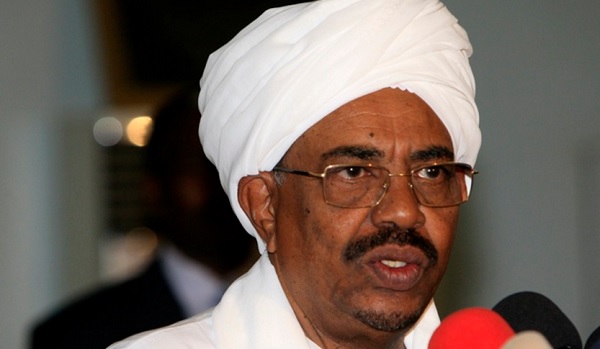
Khartoum, Sudan | AFP | A top US official Friday called on Sudan to stop demolitions of “mosques and churches” as alleged by campaign groups, insisting that Washington will push for human rights and religious freedom in the country.
US Deputy Secretary of State John Sullivan also said that how Khartoum promotes freedom of expression and other human rights will be “critical” in deciding the future of relations between the two countries.
“The government of Sudan, including the federal states, should also immediately suspend demolition of places of worships, including mosques and churches,” Sullivan said in a speech at Al-Koran Al-Karim University in Omdurman, the twin city of Khartoum on the western banks of the Nile.
Activists accuse Khartoum of restricting freedom of religion, freedom of expression and political space for opposition groups.
“Ever since the significantly Christian South Sudan gained its independence from Sudan in 2011, the Sudanese government has focused greater attention on reducing the number of churches and their activities in Sudan,” John Prendergast of the Washington-based campaign group Enough Project wrote days before Washington lifted its decades old trade embargo on October 12.
After years of strained diplomatic relations, ties between Washington and Khartoum improved under the presidency of Barack Obama, later resulting in the lifting of US sanctions against Sudan by President Donald Trump, his successor.
Rights groups now insist that promoting human rights including religious freedom should be part of Washington’s policy towards Sudan.
For decades Washington has designated Sudan as a “Country of Particular Concern” given its record of human right violations, and on Friday Sullivan said one way of addressing this concern would be of holding a “round table” to discuss these concerns.
Sudanese officials have said that disputes regarding property registrations could be the reason for demolition of some churches, and insisted that Khartoum already promotes human rights in the country.
It is unclear how many such places of worships have been demolished.
“Sudan also enjoys religious freedom, which is exemplified with several churches existing adjacent to mosques,” the foreign ministry said earlier this year.
Sullivan said Washington will be watching how Sudan promotes human rights.
“As we move forward in our relationship, the United States will not ignore violations of human rights, including the right to religious freedom,” he said.
In the years ahead one “measure of strength” between the two countries will be improvements in Sudan’s record on human rights, particularly religious freedom, he said.
“Supporting human rights, including religious freedom, has been and will continue to be a critical part of United States bilateral engagement with Sudan,” Sullivan told a gathering of religious leaders, civil society members and activists at the university as he wrapped up his two-day visit to Khartoum.
 The Independent Uganda: You get the Truth we Pay the Price
The Independent Uganda: You get the Truth we Pay the Price





